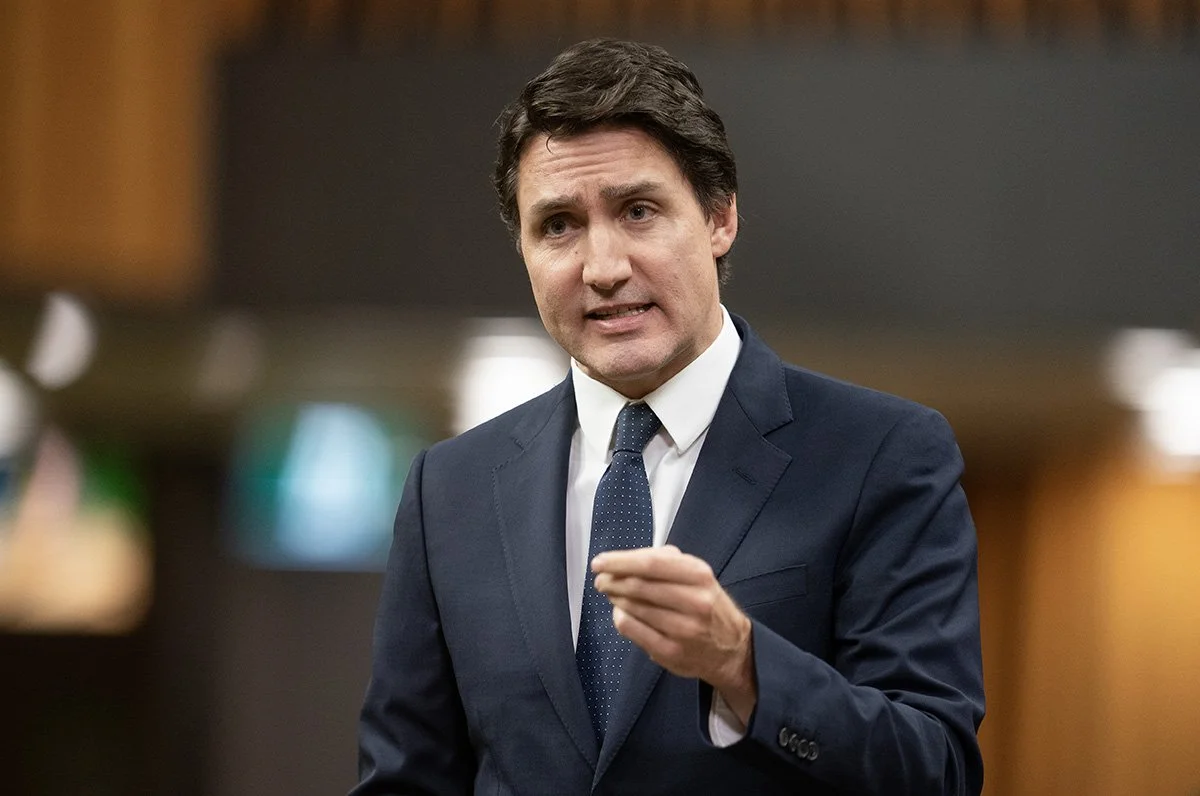Budget fallout: Backlash over capital gains tax hike, structural deficits
THE CANADIAN PRESS/Adrian Wyld
Prime Minister Justin Trudeau’s 2024 budget released on Tuesday continues to make headlines as analysts, pundits and journalists parse through the numbers and proposed policies. Here’s some of the good reads on the fallout from the fiscal plan:
Capital gains tax
A lot of the post-budget discussion has focused on the impact of the new capital gains taxes on individuals and corporations. The biggest headlines were around strong comments from former Finance Minister Bill Morneau, who was quoted as saying he had rejected the move when he was running the nation’s finances because of concerns on the impact it would have on growth.
As the CBC explains here, right now only 50 per cent of capital gains are taxable. The budget would increase the "inclusion rate" from one-half to two-thirds. For individuals, the new rates kick in only after capital gains exceed $250,000 in one year. That means for the first $250,000 in capital gains, an individual taxpayer would continue to pay tax on 50 per cent of the gain, and for every dollar beyond $250,000, two-thirds would be taxable. The capital gains tax for corporations doesn’t include exemptions, however.
The Globe and Mail’s Salmaan Farooqui reports on how – despite the government’s assurances it will only impact the wealthiest Canadians – middle class households may wind up paying more should they sell a major asset like an investment property.
Barbara Shecter at the Financial Post reports on how the capital gains move is being poorly received in the tech sector, which is warning of a new brain drain. She said the policy creates a “major disincentive” for innovative companies to locate in Canada and will harm the country’s already poor productivity.
Offering a more technical take, the University of Calgary’s Trevor Tombe has written a piece in The Hub defending the capital gains measure on efficiency and equity grounds. Tombe provides a good explainer of how capital gains fit into the whole tax structure. He shows, for example, how the policy removes the bias of share buybacks over dividends. He is agnostic, though, on how the extra revenue should be spent, and points out it could have been used to lower taxes rather than increase spending.
Spending and deficits
The consensus among bank economists is that this was a big spending budget that missed an opportunity – yet again – to show restraint.
In a column for the Globe and Mail, Scotiabank economist Derek Holt describes the fiscal plan as basically cementing structural deficits forever. He takes on the Liberal line of tackling “generational fairness,” warning that if Canada’s economy worsens over the next five years, deficits will balloon and the debt will rise even more, leaving the financial burden to today’s youth.
There’s been pushback to assertions that deficits and the potential inflationary impact of the spending is a worry. Mike Moffat, an economist who has been advising the government on housing policy, took to social media platform X to dismiss Holt’s concerns around deficits and play up the importance of the housing crisis.
Adam Radwanski writes in the Globe and Mail on how the addition of a new investment tax credit for the electric vehicle supply chain is stoking speculation the government may be nearing a deal with Honda on a new investment in Canada.
There are plenty of political takes out there, with CTV’s Don Martin writing that the “bottom line” is that the budget will do little to change the political outlook for the Trudeau government.

